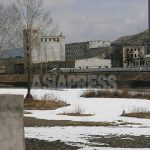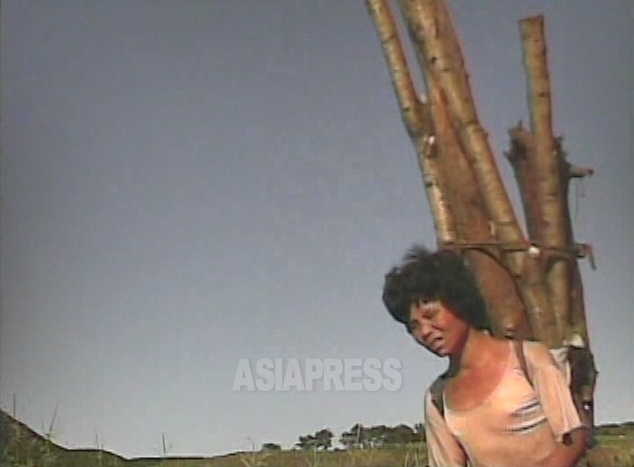
The North Korean authorities have ordered the abolition of all private cultivated land in mountainous areas, known as "Sotoji = small land," causing widespread anxiety among farmers. Our reporting partners investigated in several areas in the North (Kang Ji-won / ISHIMARU Jiro).
In North Korea, collective farming in a cooperative farm is the rule, but since the 1990s, when the economic crisis worsened, "sotoji" plots have spread across the country. Not only farmers, but urban suburban residents as well, would clear slopes in the mountains to cultivate the small plots on their own.
While the production of "sotoji" is a great blessing to the individual farmers due to the benefit of a source of food and income, the deforestation has caused the mountains to lose their water-holding capacity, leading to frequent flooding. Although the Kim Jong-un regime has been cracking down on the practice and planting trees, it has been unable to eradicate the problem. This is because authorities have been either been bribed to look the other way or have demanded royalties from “sotoji” farmers to fund their organizations.
Related Articlefa-arrow-circle-right<Inside N. Korea> Kim Regime’s Crackdown on Individual Business Activities Begins: Ruthless Confiscation of Goods Forces Traders to Consider Defection
◆Private farmers are “non-socialist”
"No cultivation or seed planting is allowed on slopes with a slope of 45 degrees or more. Private fields with a slope of less than 45 degrees will be transferred to cooperative farms."
This is a summary of the measures to prohibit "sotoji" farming, as reported by a reporting partner who investigated in North Hamkyung Province and Ryanggang Province.
"The forest supervisors have even set up a guard post at the entrance to the mountain, and are cracking down on people who try to enter the mountain. They sometimes take people to the police to fine them," said a reporting partner from Ryanggang Province.
It is important to note that the main purpose of the ban is to control individual economic activities rather than to protect forests. In other words, it is a part of the policy to label “private farming" as anti-socialist phenomenon. A reporting partner in North Hamkyung Province said the following:
"The authorities have even given a lecture on 'the mistaken idea that you should do better in your personal farm than in your collective farm work.' In short, they want to ban all personal farming except in gardens."
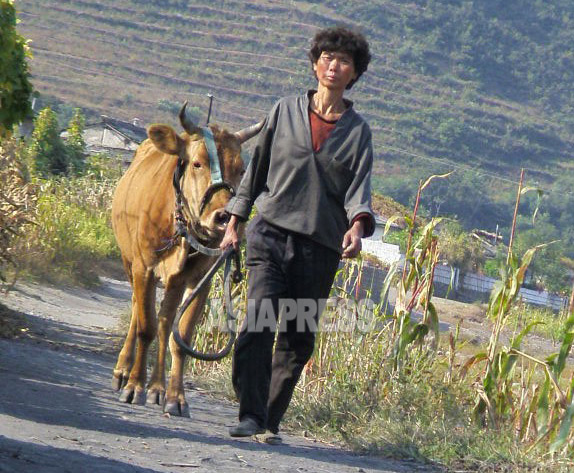
◆Some people are desperate to have their "sotoji" taken away
From 2019 to 2020, a "land inspection" was carried out at the government's direction to measure the area of usable land around farms. The Rural Management Committee, an administrative body, reported the increase in the area of cultivated land to the government and attributed it to the farms, but most of the land was left to be cultivated by individuals and royalties were paid to the cooperative farms.
However, the order of the Kim Jong-un regime this year is to not allow any individual cultivation. All "sotoji" plots have been assigned to cooperative farms, which will be managed by the "Forest Utilization Team". For the farmers who have been cultivating the "sotoji" for a long time, this means that their farmland will be taken away. Naturally, there were protests. It is said that some of them even voiced their despair, saying that they would starve to death if they lost their "sotoji." Yet, the officials took a hard line.
"If you want to cultivate the 'sotoji', go ahead, but remember that we will confiscate the entire autumn harvest." This is how the authorities threaten farmers who express their dissatisfaction, according to our reporting partner.
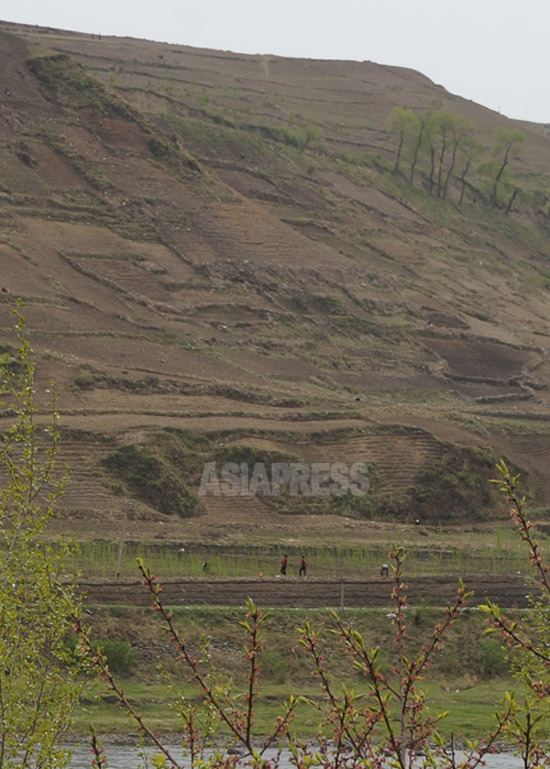
◆Increasing Control and Punishment by Rural Officials
The attitude of the officials is to protect themselves. After the 8th Workers’ Party Congress held in January, the control over officials in rural areas has been tightened, and officials who fail to carry out the central government's instructions or commit fraud have been punished without mercy.
On the other hand, the complete transfer of “sotoji" to the farms is a difficult issue for the officials. The production quota given by the government is determined by the area of land under cultivation, and is usually set higher than the amount that can actually be produced. Therefore, farms prefer to report as little production area as possible, but the transfer of "sotoji" farms will likely increase their quotas.
A reporting partner from Ryanggang Province explained the situation thusly, “Farmers work hard when it's their 'sotoji.' If it were to belong to the farm, production would surely drop by an order of magnitude. Instead, it would be better to let them cultivate the ‘small land' secretly as before and charge them a royalty. Some officials are suggesting this to the farmers."
- <Inside N. Korea> Finally, "Crash Landing on You" is starting to spread in darkness! Interview with the women who risked their lives to watch it. (2021-05-06)
- <Inside N. Korea> "Show me your texts and photos": Strict Censorship of Cell Phones Comes with Threat of Death Penalty (2021-04-27)
- <Inside N. Korea> Kim Regime’s Crackdown on Individual Business Activities Begins: Ruthless Confiscation of Goods Forces Traders to Consider Defection (2021-04-26)
- Kim Jong-un Regime Fears Digital Resistance: less than 0.1% of N. Koreans Can Access the Internet (ISHIMARU Jiro) (2021-04-19)
- <Inside N. Korea> “Coronavirus Comes from the Sea”: Impoverished Fishermen Forced to Sell their Ships to Survive (2021-04-14)
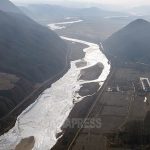
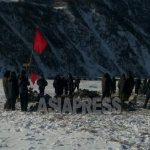
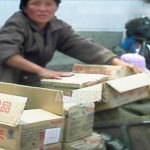
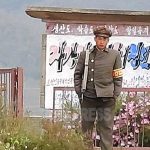
![[Video Report] Back alley of Pyongyang: Never let foreigners go. Residents of central Pyongyang live on businesses in the market.](https://www.asiapress.org/rimjin-gang/wp-content/uploads/2018/07/Rimjingang_Asiapress_20111015_005-150x150.jpg)
